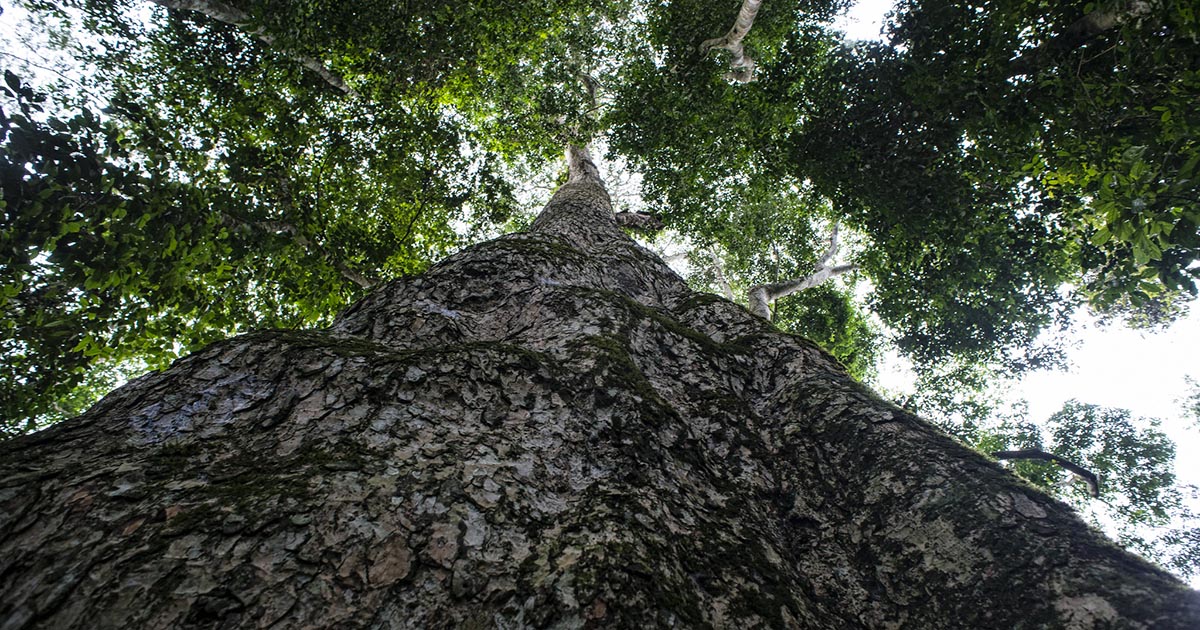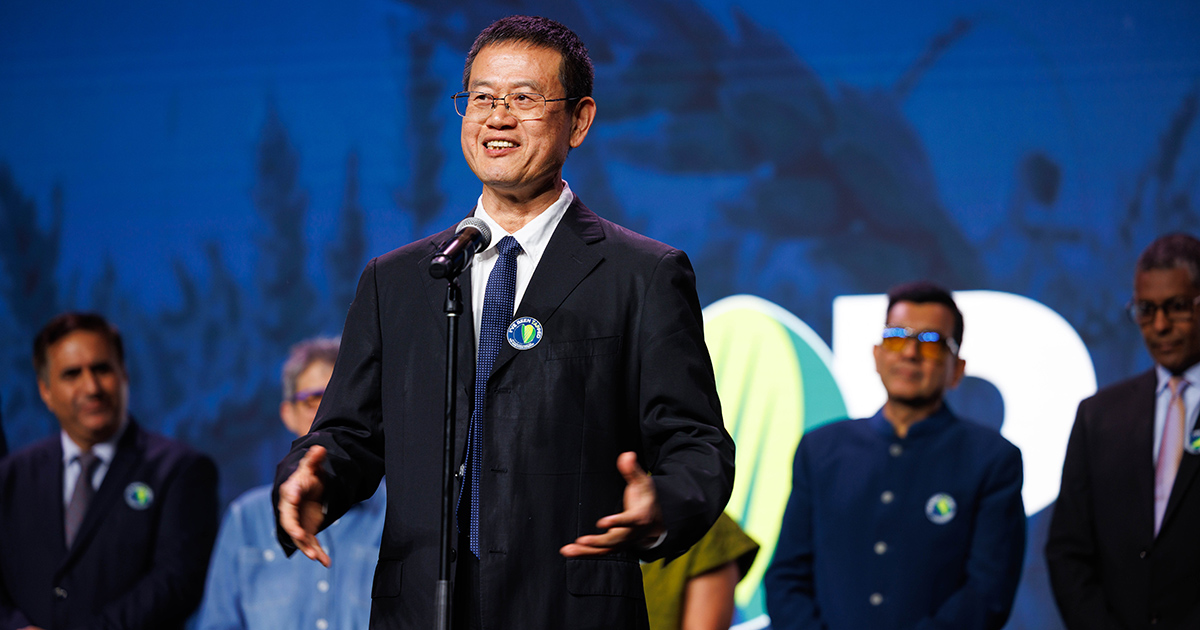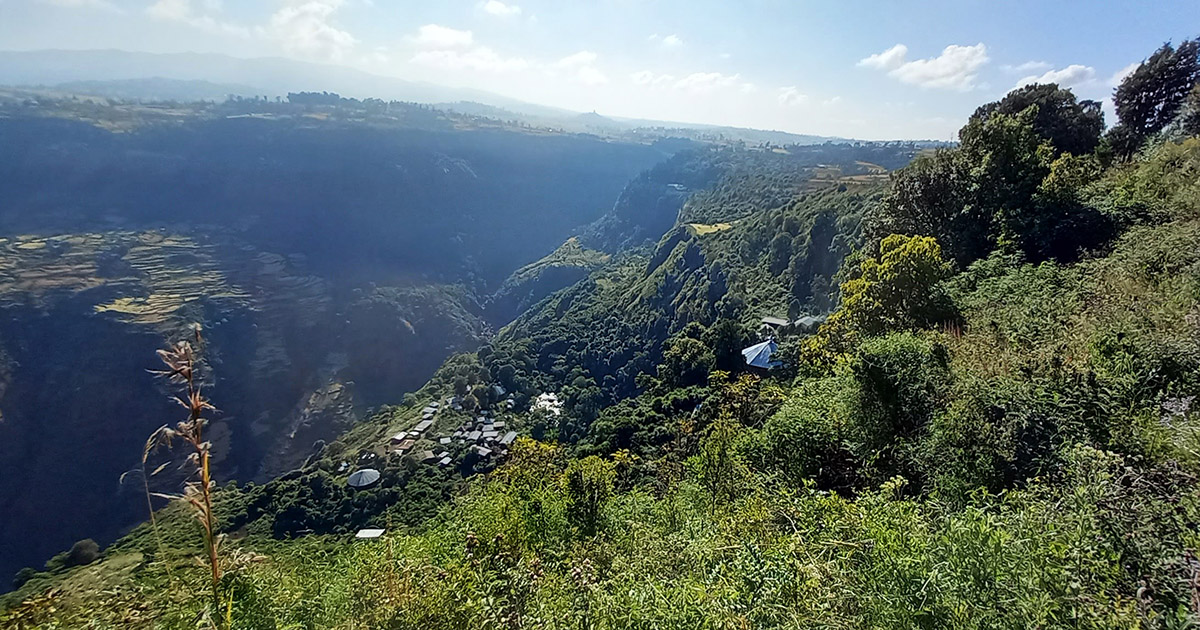Sub-Saharan Africa, hosts about a third of the global refugee population. The refugee population is disproportionately women and children. Refugees are hosted in fragile arid ecosystems and increase the pressure on resources resulting in land degradation and conflict. Building knowledge and skills of refugee and host communities can shift the paradigm from ‘land degradation’ to ‘land restoration and resilient livelihoods’.
The Resource Recovery and Reuse (RRR) in Refugee Settlements in Africa project was implemented in 2019-2023 in six refugee camps and settlements and their surrounding host communities in Ethiopia, Kenya and Uganda. The aim of the project was to enhance the resilience of these communities by introducing and implementing RRR innovations researched by CGIAR Centers, including the International Water Management Institute (IWMI), the Center for International Forestry Research and World Agroforestry (CIFOR-ICRAF), and the Alliance of Bioversity International and the International Center for Tropical Agriculture (CIAT), and offer innovative solutions for enhanced food and energy security from a circular bioeconomy perspective.
Publisher
CIFOR-ICRAF: Bogor, Indonesia and Nairobi, Kenya
Publication year
2025
Authors
Njenga, M.; Mendum, R.; Bradford, A.A.; Gitau, J.K.; Gebrezgabher, S.
Language
English
Keywords
refugees, land degradation, restoration, host communities, livelihoods, bioeconomy, waste management, resource management, food security, energy consumption, arid zones, capacity building, sustainable development, ecosystem services
Geographic
Ethiopia, Kenya, Uganda















